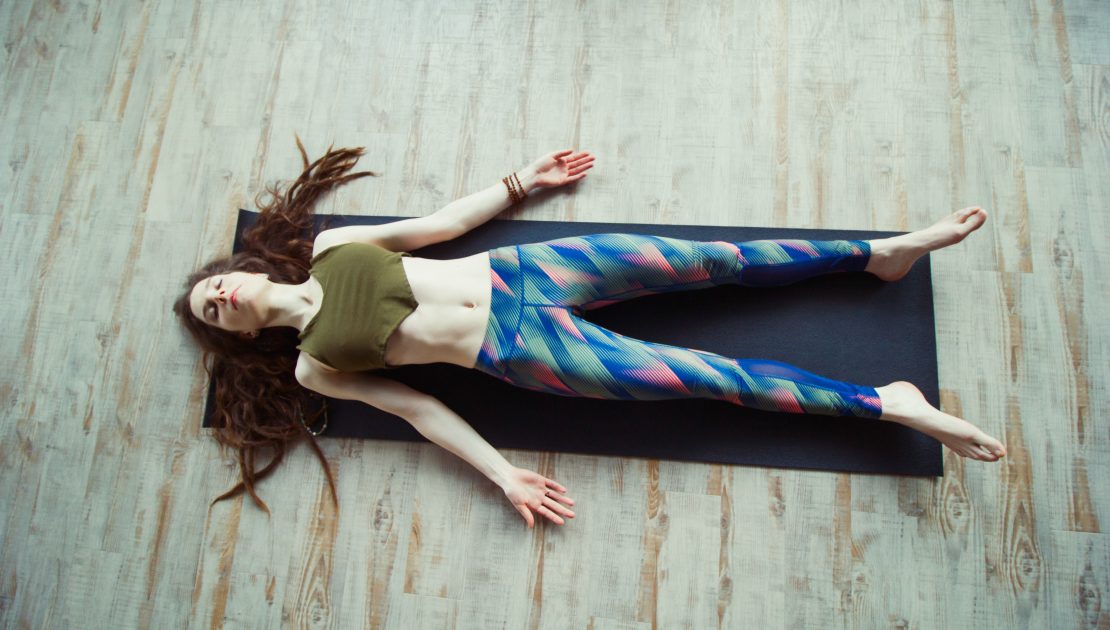Common Questions About Sleep and Sports Performance
Sports
7 years ago
2581

All of use love to sleep and we consider it as the ultimate relaxation in our daily lives. In fact, we spend about one-third of our lives for sleeping. Here are five common topics associated with sleep and sports performance:
- How much to sleep: There are different ways to achieve proper duration of sleep. An effective method it to have 90-minute blocks for your sleep, such as 3, 4.5, 6 and 7.5 hours. A 90-minute block matches our REM cycle. You shouldn’t have an alarm clock that will suddenly wake you up during a deep REM sleep. If this happens, you will feel groggier the whole day. If your deep REM sleep is disrupted, you will feel the sensation of cobwebs in your brain. So, the common rule of 8 hours of sleep should be enough. You can spend 30 minutes for activities that make you sleepy, such as breathing deeply, meditating or reading a book. If your sleep is undisturbed, you may find that your sleep for 6 or 7.5 hours. This matches the natural sleeping cycle. This way, you will always find that you are very alert and you have the consciousness to perform better in practice sessions and sports events. You should control coffee consumption, because caffeine may disrupt your sleeping patterns.
- How long to nap: After a busy day and enjoyable lunch, it will be a good idea to have a short nap. Ideally, you should have 90-minute nap, but for busy athletes, this is not acceptable. In this case, napping for 15 minutes on the sofa should be a good thing to do. A good time for nap is about 30 minutes after your lunch, between 1PM and 3PM.
- When to wake up: This could depend on your schedules. If you need to start your day early, then waking up at 5AM is acceptable. So, it means that you need to go to bed at around 9.30PM, if you regularly sleep 8 hours each night. If you want to wake up earlier, anywhere between 9.30PM and 11PM is the prime time for start sleeping.
- How to deal with sleep deprivation: Often, schedules are quite demanding and professional athletes need to stay awake longer than usual. You may be able to have one day with less sleep than normal, while functioning well physically and mentally. However, if you stretch that to two or three days, then you can have a problem. Even if you don’t have enough sleep, make sure that you maintain 90-minute block of sleep, such as 3 or 4.5 hours. Whatever happens, you should avoid waking up during a deep sleep. Having lack of sleep for one day is acceptable, as long as you still have normal sleep cycle.
There are other topics related to sleep. As an example, after high intensity of physical activity, you may have restless leg syndrome. When it happens, you won’t be able to sleep properly at night. You should understand this situation and find ways to prevent physical overloads. Consult with coaches and therapists on how to deal with restless leg syndrome. Perform deep breathing technique or yoga to calm your mind, about one hour before bedtime.
